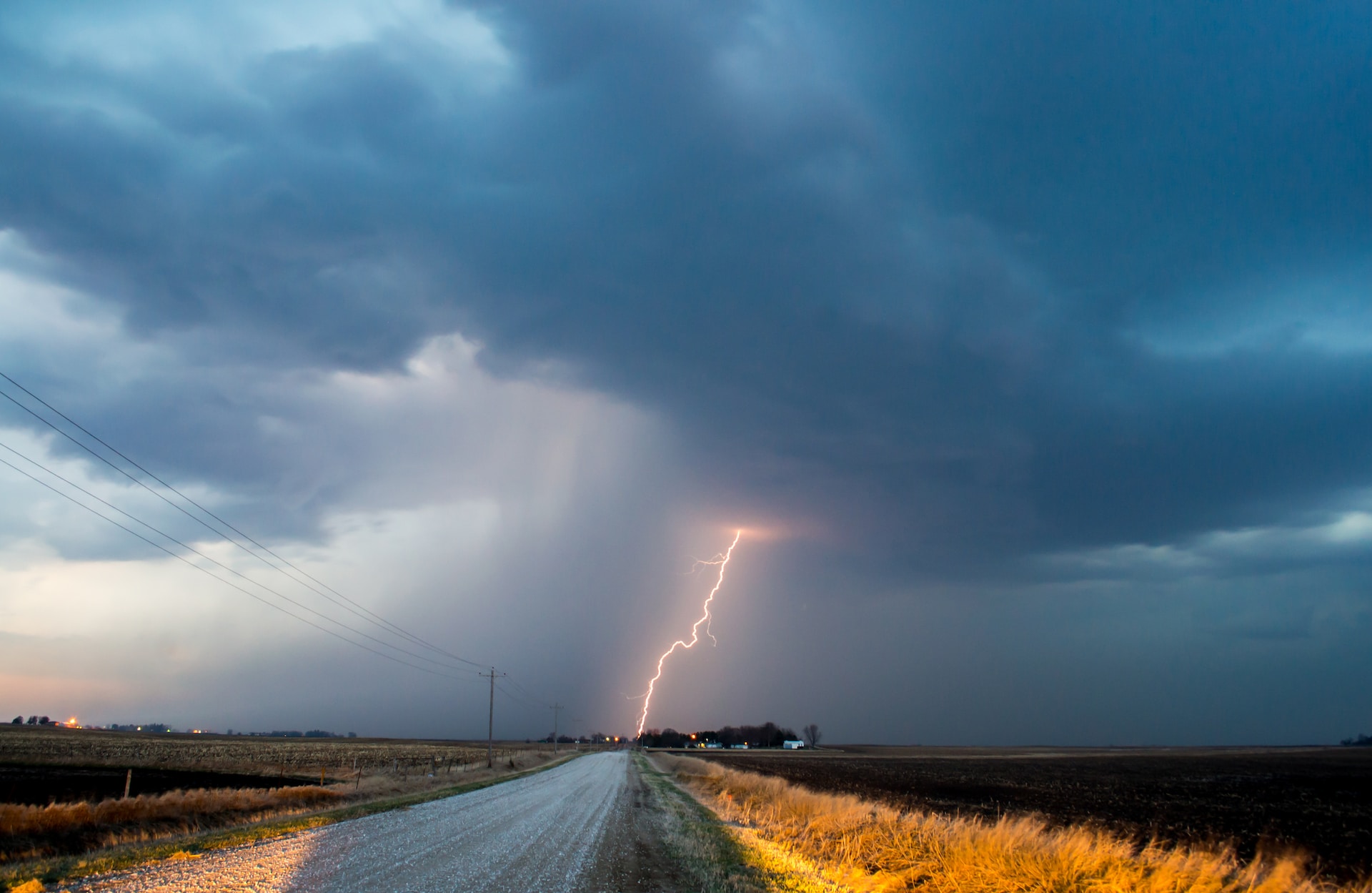At the ongoing COP28, I hope the countries align on the loss and damage (L&D) fund along with localized climate data. The escalating climate crisis has brought forth a pressing need for the fund.
As countries grapple with the mounting costs of climate-induced disasters, the fund is crucial to ensure global climate justice.
India, a nation particularly vulnerable to climate change, has witnessed a stark increase in climate disasters, with 2,923 climate disaster deaths, 92,000 animal deaths, and close to two million hectares of crops ruined in the first nine months of 2023 alone, as per a Centre for Science and Environment report. These figures highlight the devastating impact of climate change on livelihoods, infrastructure, and human life.
Recalling here, earlier studies have shown that women take the maximum hit of a climate disaster. It is seen that after a major climate incident, women are forced to take on the responsibility of rebuilding their lives.
Therefore, the L&D fund serves two basic purposes:
One, it is logical and practical. Developed nations, which have historically emitted far more greenhouse gases than developing nations, have a responsibility to help those who are most vulnerable to the impacts of climate change. The fund can be a tangible expression of this responsibility.
Second, it is a matter of justice and equity. Developing nations are bearing the brunt of the consequences of climate change, despite having contributed far less to the problem. A loss and damage fund can help to redress this injustice and ensure that all nations have the resources they need to cope with the climate crisis.
The true extent of the damage of climate change is even greater, as not all deaths and damages are accurately recorded. This is why there is a crucial need for local climate data. This will enable effective climate change adaptation and disaster preparedness. Accurate and localized data will also help authorities and communities to better understand the specific risks they face and make informed decisions to mitigate climate incidents
The L&D fund and the localized data are not just measures of climate justice but also investments for future resilience.
The time for action is now.
Climate crisis is not a future threat; but today’s reality!!!

